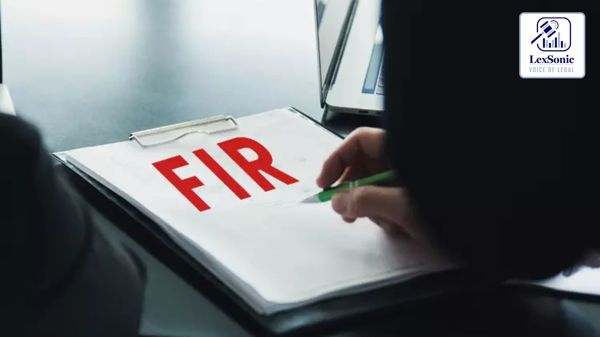The Price of Faith: Auction Controversy at Tuljabhawani Temple.
09 September 2024
FIR >> Criminal Law
In a recent legal proceeding concerning the Tuljabhawani Temple, significant issues have emerged regarding the auction of the temple's throne donation box, a practice that was halted on April 20, 2010, following directives from the Joint Charity Commissioner of Latur. Multiple inquiry reports have documented the matter, highlighting the involvement of various government officials, from the Sub-Divisional Magistrate (SDM) to the Collector, who served in an ex-officio capacity on the Temple Trust Board between 1999 and 2009.
The implications of the High Court's directive to register a First Information Report (FIR) based on these differing reports raise concerns for numerous former officials, many of whom have retired and no longer hold any governmental connection.

In this context, the Solicitor General has pointed out that the complainant should have pursued remedies outlined in the Criminal Procedure Code (CrPC) before escalating the matter to the High Court. The Solicitor General referenced the case of Sakiri Vasu vs. State of Uttar Pradesh and others (2008), which emphasized that individuals dissatisfied with the non-registration of an FIR should first approach the Superintendent of Police or, if necessary, a Magistrate under the provisions of the CrPC. This precedent questions the appropriateness of invoking the High Court’s extraordinary jurisdiction when alternative remedies are available.
Senior Counsel Mr. Sanjeev Deshpande has appeared for the respondents, indicating the ongoing legal complexity surrounding this issue. The High Court has issued a notice, returnable in four weeks, while simultaneously staying the operation of the order dated May 9, 2024.
Additionally, a Special Leave Petition (SLP) has been filed, with the court granting permission and condoning the delay. The petitioners, who are also ex-officio members of the Trust of the Tuljabhawani Temple, argue that the recent judgment significantly impacts their interests.
As these legal proceedings unfold, the case continues to attract attention due to its potential implications for both the involved parties and the broader governance of temple trusts in the region.
